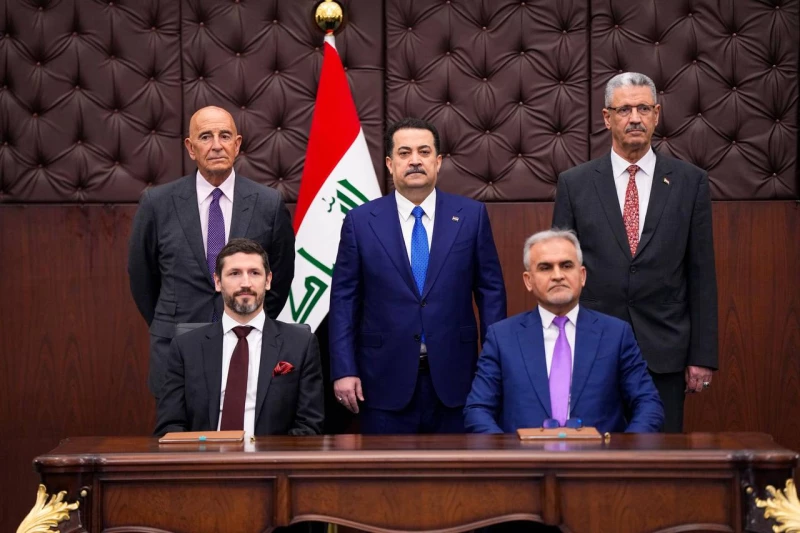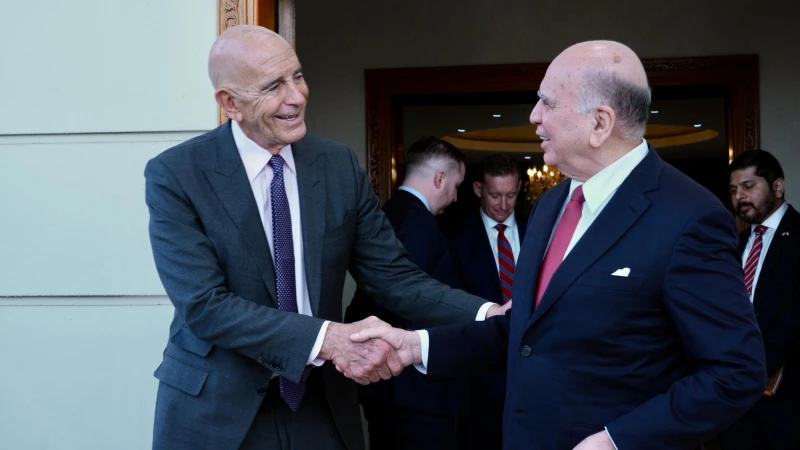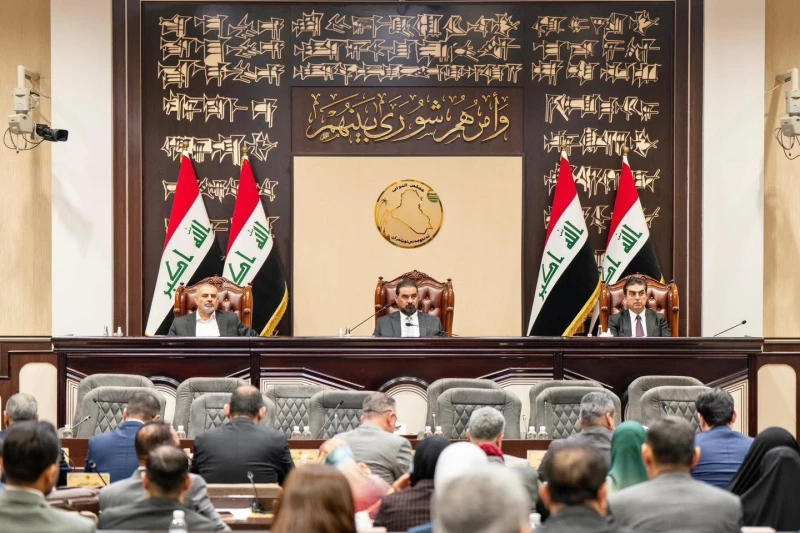ERBIL, Kurdistan Region of Iraq - Last week, the Prime Minister of Iraq, Mohammed Shia’ Al-Sudani, embarked on his inaugural official visit to the United States. During his visit, he engaged in discussions with key American officials, including President Joe Biden, Secretary of Defense Lloyd J. Austin, and Secretary of State Antony Blinken.
The talks centered on matters concerning Iraq as well as the Kurdistan Region of Iraq, and the latter took a pivotal role in discussions between the parties. Following these deliberations, joint statements were issued by both sides, signaling a step forward in diplomatic relations between the two nations.
President Biden pledged continued U.S. support for Iraq's economic integration with the Middle East and commended efforts to strengthen democracy. Both, Prime Minister Sudani and President Biden discussed their shared view that the Kurdistan Region of Iraq is integral to Iraq’s overall prosperity and stability. They discussed comprehensive bilateral cooperation, focusing on regional stability, Iraqi sovereignty, and economic prosperity. Both leaders emphasized the importance of Iraq's energy self-sufficiency and the reopening of the Iraq-Turkey Ceyhan Pipeline to facilitate oil exports.
The New Region reached out to Yerevan Saeed, Director of the Global Kurdish Initiative at the School of International Service, American University, for insights on the Iraq-Turkey Pipeline issue. Saeed commented, "Although there’s pressure from the American side on Iraqi Prime Minister Sudani regarding oil export resumption from the Kurdistan region, it remains doubtful that he will be in a position to render a decisive decision on the matter or provide a definitive response to the Americans."
"The issue of oil exportation is multifaceted, involving financial, technical, legal, political, and geopolitical aspects and each requires thorough resolution before oil can be exported again from Kurdistan fields." Saeed added.
President Biden commended the Prime Minister’s and Kurdistan Regional Government’s (KRG) efforts to reach durable agreements that resolve longstanding challenges, including the recent arrangement to pay two months of KRG civil servant salaries, and encouraged continued progress. The President also affirmed U.S. support for strengthening democracy in Iraq, including free, fair, and transparent elections in the Kurdistan Region.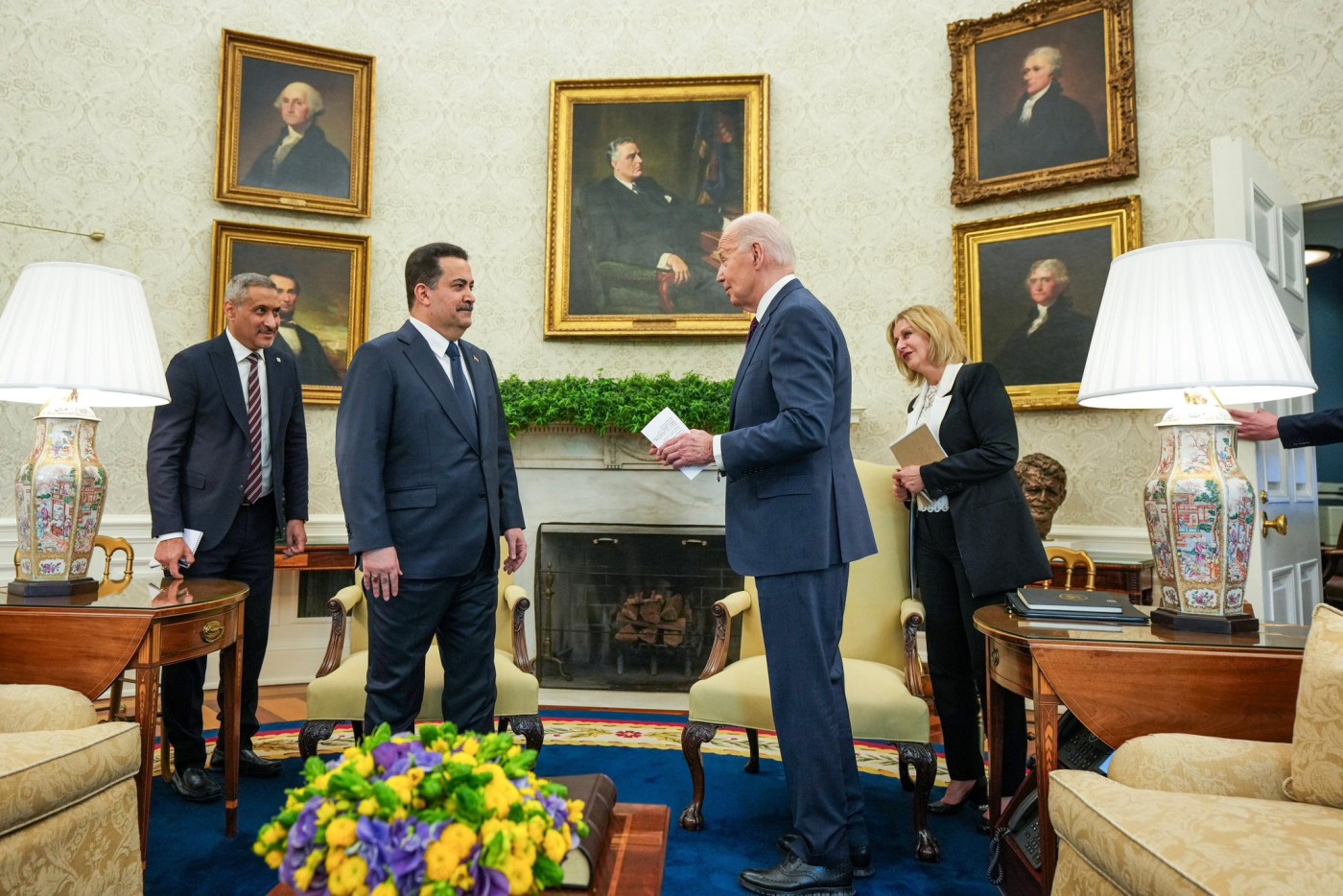
Akeel Abbas, a researcher and journalist, shared insights with us regarding the salaries and elections components mentioned in the joint statement, he said "mentioning the integral role of the Kurditan Region in Iraq is a positive thing that signifies a commitment to resolving issues through diplomatic channels rather than relying on decisions from the Federal Court, which has faced criticism for its perceived political bias within the Coordination Framework."
The leaders discussed reforms in Iraq's financial sector to combat corruption and money laundering, aiming to improve the investment climate and promote economic growth.
In the fight against ISIS, they underscored the importance of preventing its resurgence and acknowledged the sacrifices made by Iraqi and U.S. military personnel.
President Biden and Prime Minister Sudani affirmed their commitment to ongoing security cooperation, transitioning to enduring bilateral partnerships.
They renewed their commitment to a bilateral partnership and pledged to expand cooperation across all areas, convening the U.S.-Iraq Joint Security Cooperation Dialogue later this year.
The leaders expressed their commitment to the ongoing Higher Military Commission (HMC) process, focusing on assessing the continued threat from ISIS, operational and environmental requirements, and strengthening Iraq’s security forces.
They agreed to review these factors to determine the conclusion of the Coalition's mission in Iraq, transitioning to enduring bilateral security partnerships in accordance with Iraq’s Constitution and the U.S.-Iraq Strategic Framework Agreement.
Joint Statement from Secretary of Defense Lloyd J. Austin III and Iraqi Prime Minister Sudani highlighted Iraq's role in ensuring security for Iraq and the Region. "Addressing the strategic nature of the U.S.-Iraq bilateral defense relationship and Iraq's role as leader in ensuring regional security, the Secretary and Prime Minister discussed efforts to modernize the ISF, including Kurdish Peshmerga forces, and build their capabilities." the statement read. 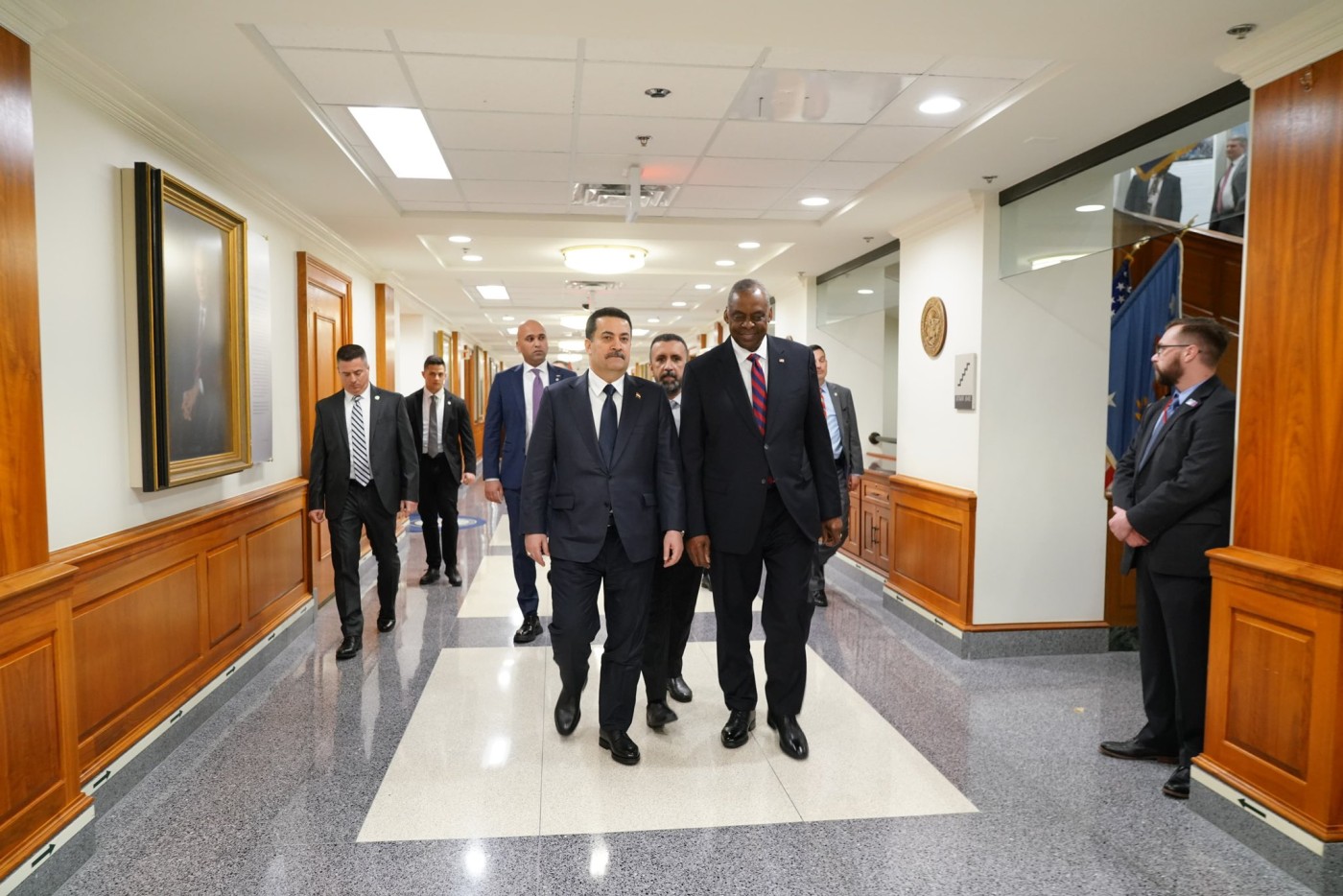
The Secretary and Prime Minister also highlighted ongoing efforts between the U.S. Department of Defense and the Iraqi Ministry of Defense to secure key sites across Iraq, including the Kurdistan Region, from aerial threats, the statement added.
Earlier on Monday, Prime Minister Sudani held talks with U.S. Secretary of State Antony Blinken, focusing on economic aspects and investment opportunities for American companies, particularly in the energy sector. A statement from the Prime Minister’s office highlighted discussions on expanding partnerships with the Iraqi private sector in key areas crucial to the Iraqi market, benefiting both nations.
The timing of the visit holds immense significance within the regional context. Inquiring into the potential role envisioned by the United States for Iraq in the Middle East, The New Region posed the question to journalist Akeel Abbas, seeking insights into whether the U.S. envisions Iraq as a potential mediator for fostering peace in the region.
In response, Abbas expressed skepticism, indicating that "Iraq's influence on such matters is limited, given the current geopolitical landscape." Instead, he suggested that "the primary expectation from the United States could revolve around Iraq's ability to mitigate the activities of armed groups associated with the Axis of Resistance within its borders, preventing any actions against Israel or U.S. interests."
Abbas underscored that Iraq's role in the region may be constrained to "offering verbal support and humanitarian aid to Palestinians, as its influence on Iran's policymaking remains minimal."


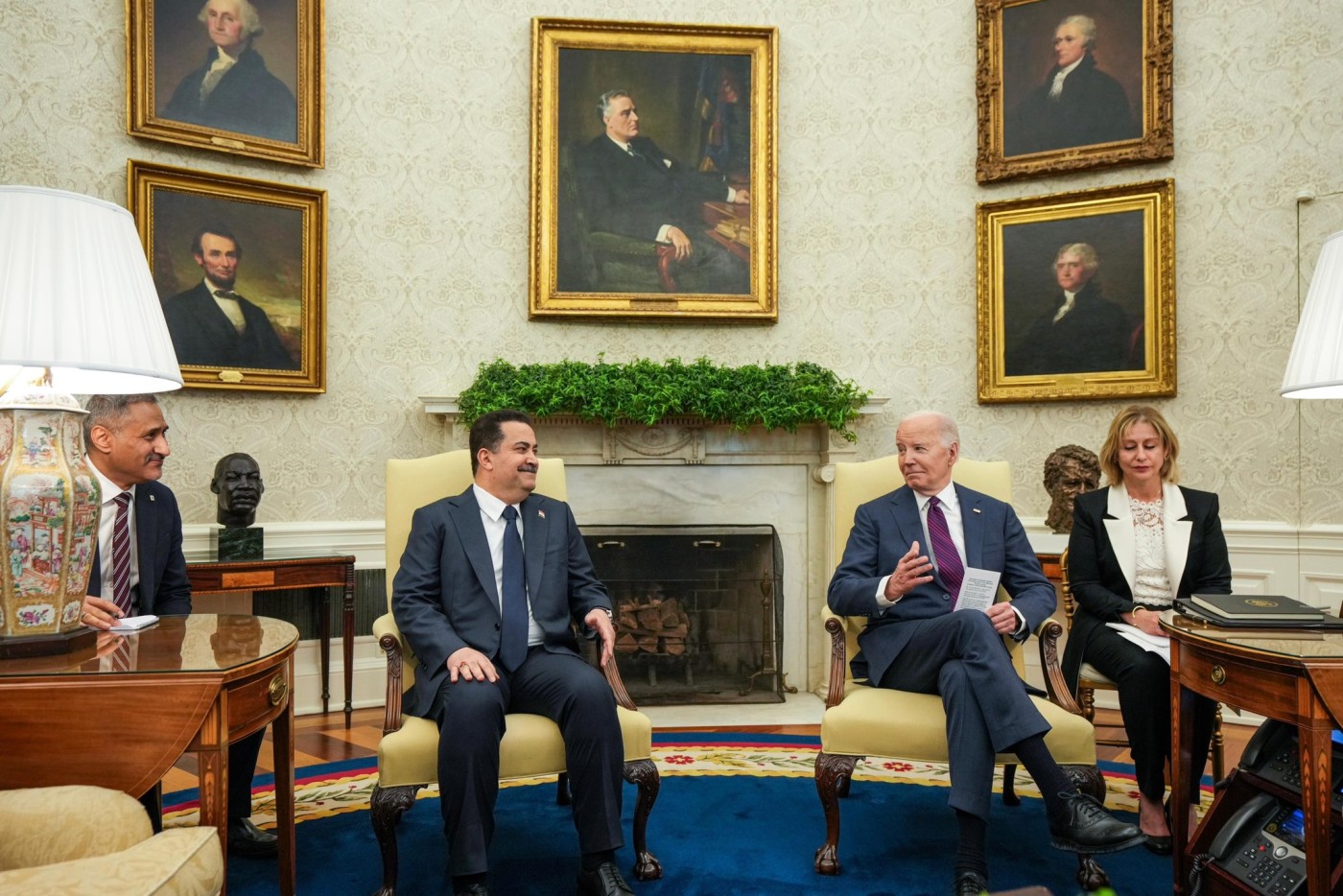
 Facebook
Facebook
 LinkedIn
LinkedIn
 Telegram
Telegram
 X
X
